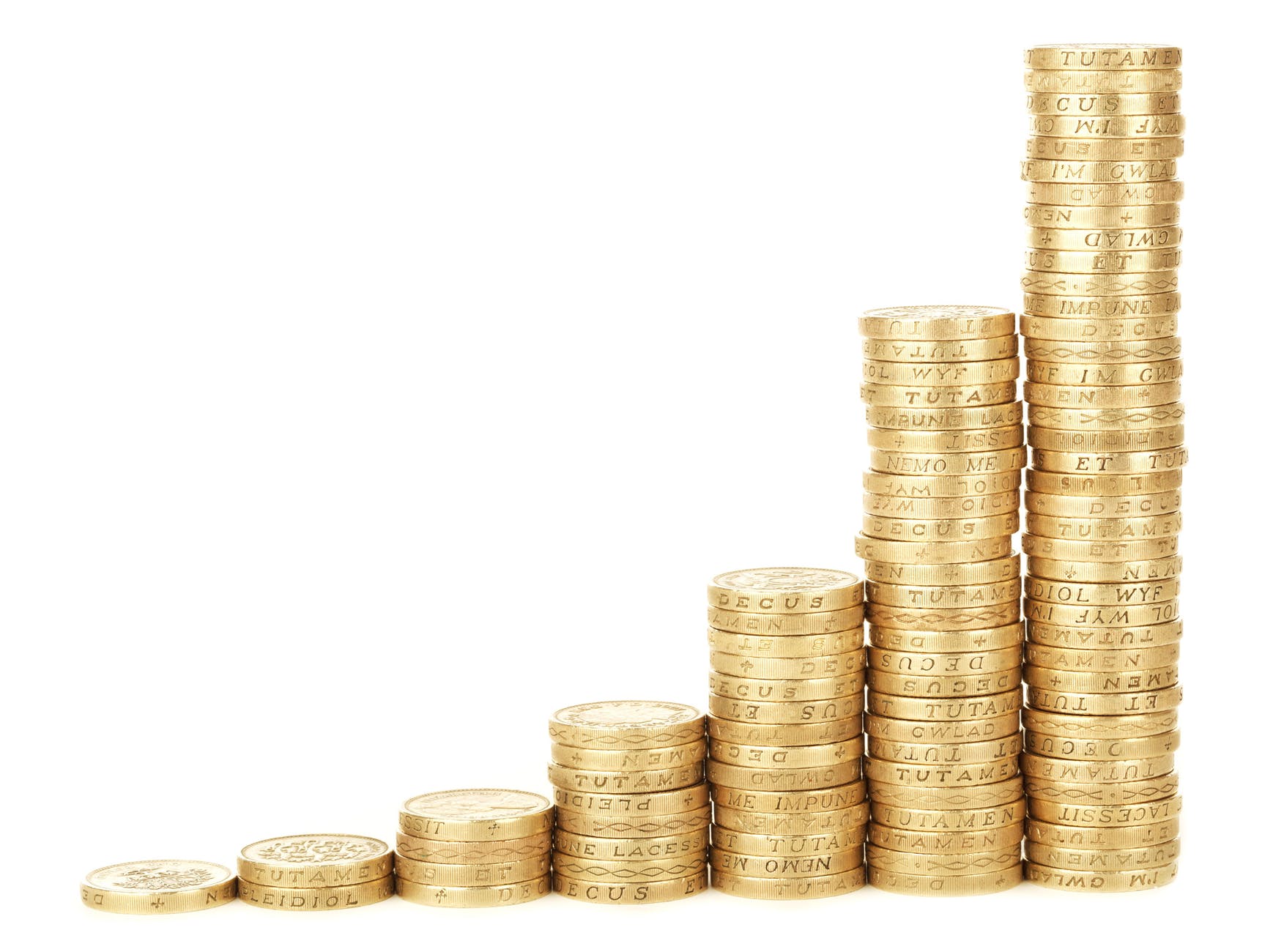Why do we pay taxes? The answer to this question is rather universal from nation to nation. In return for a stable operating environment as provided by the government of the day, one which allows society to thrive and prosper, we as people need to contribute money into a shared pot to ensure that we have the security and services as provided and administered by the government. Hence the advent of Income Tax and Progressive taxation.
Progressive taxes are those that increase when the taxable income increases, in other words the high earners bear a higher burden of the tax than those that don’t earn as high an income. Some might argue that this is not entirely fair and there are several schools of thought on this issue. Some prefer that we make a move to a user pays economy and some think that the rich should bear a higher burden of the tax because society is inherently unfair as people have varying levels of access to opportunities due to socio-economic barriers. It is not the Analyst’s intention to debate this issue in this article. This is however a prelude to what lies ahead in this article.
So, most people are on the same page when asked about why they pay taxes, there might be some that might be disgruntled with governments on the amount they are required to pay versus the services they access. These are societal issues and debates which have gone on for decades and no one seems to have any clear answers yet, however most people accept the status quo and as law abiding citizens pay what is required of them. This is construed to be entirely fair and equitable by the majority. So when does taxation enter a territory that is not fair on the people? Consider this for a moment, say revenue collection is deemed to be inadequate and the government decides new taxes, consumer taxes, are to be introduced into the market places it has jurisdiction over. One such tax we all are very familiar with is GST in New Zealand or Goods and Services Tax.
There are several commentators across borders like Tong who believe that this is a regressive tax. A regressive tax is one where the burden of taxation is heavier on lower income families versus higher income families where there is a common denominator of goods and services that they access regularly for example, food. Simply put if a person earning $100,000 p.a. spends $100 on food versus a person earning $10,000 p.a. who also spends a $100 on food, both pay an equal amount towards GST. However the person earning the lower income has a higher burden of taxation on them, relative to their income. This is what makes GST regressive in nature and it is a widely held belief that it is unfair on lower income families, as it has a higher net negative impact on the cost of living for them versus someone, or a family, on a higher income, where affordability is not an issue.

This is one of the fundamental issues of GST related to fairness in society. However the Analyst would like to further explore another issue which in its opinion makes GST unfair for all and not just the lower income families. Another way of looking at GST is being a tax on a tax, a double dip tax. Yes, this may sound outlandish at first glance but it deserves and warrants an explanation and consideration by the author and you the reader.
Say we have four people namely Harry, Tom, Sally and Jodie. They all engage in a trade with each other, directly or indirectly. Let us say Sally employs Tom and pays him a weekly salary of a $100 net. This salary is disbursed with the income tax deducted so Tom gets $100 in his hand after taxes. Tom then goes to a corner shop owned by Harry and purchases some groceries with the $100 he has received as a salary after tax. Guess what, Tom has paid GST on his purchases which is deducted from already taxed money he received from his employer. Harry then takes what remains after he has paid GST on the money (GST is a value added tax which is paid on the difference between purchase price and sale price) he has just collected from Tom and purchases fuel to put in his car at a petrol pump owned by Jodie. Again GST is deducted from the sum collected. There are two things happening here; one is that the users in the system are paying GST on purchases that they make with wages they have received after taxes (a tax on a tax). The second is that the amount of money within the system is diminishing as it changes hands.
Firstly it is almost arguable that such taxes should be construed as being unethical. It is unconscionable to tax money that has already been taxed (eg. wages less, pay as you earn (PAYE) tax). Secondly as demonstrated above, the available money in the economy keeps shrinking whilst such transactions keep occurring. So one might ask, why don’t we completely run out of money in our economy, as there are millions of transactions and billions of dollars collected in GST by the government.
This is where government spending comes into play. The Government may decide to spend the money it collects in building more roads and more hospitals and other infrastructure projects like housing. This however means that those funds are first accessed by a select group of professionals and companies such as engineering companies, building companies, lawyers and other professional bodies who might be responsible for delivering the infrastructure projects that the government wishes to pursue. This is what one might call the ‘trickle down economics’ of revenue generation through GST. It only works for a few and leaves many more behind as is becoming increasingly evident in our society here in New Zealand.

Pundits argue that Government spending creates jobs and job creation is what keeps the economy humming along. The Analyst fundamentally agrees with this but believes that socio-economic inclusion can create more opportunities and sub economies which might not only lead to the creation of more jobs but also more entrepreneurs and new businesses that employ local people. This results in skill development which will inadvertently uplift entire families out of the cycle of poverty, as they either become more employable or more entrepreneurial and gain bankable skills. The question the Analyst asks is whether trickle down economics has managed to benefit all communities equally? Well the answer to this is currently being explored and may form a topic of discussion in future posts.
Useful Links:
1) GST and its history in NZ
2) GST as a regressive Tax – Liew Chin Tong

